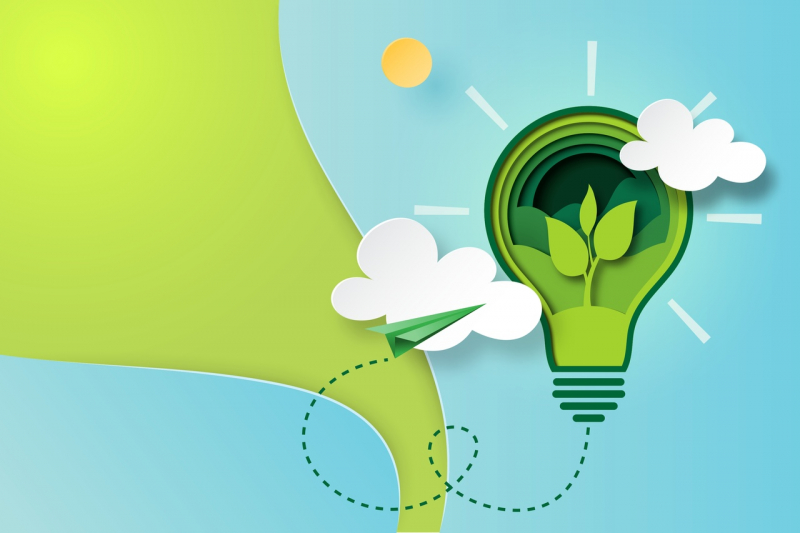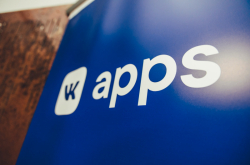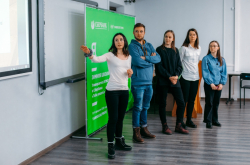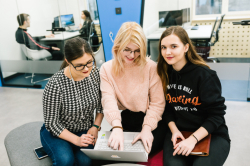This year, more than 45 people – including international students from India, Nigeria, Iran, and Colombia – have enrolled in the program. The new students had the chance to join an online kick-off meeting during which the heads and professors of the program told them about the educational process and the opportunities it offers.
Mikhail Kurushkin, dean of the Faculty of Biotechnologies, made a welcoming speech and wished the new Master’s students fruitful studies, interesting research, and scientific discoveries.
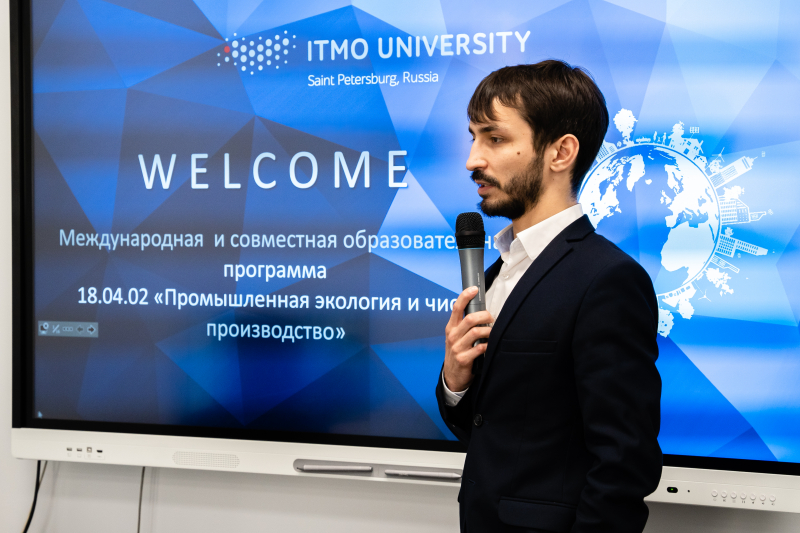
Olga Sergienko, head of the program, spoke about its main fields, the opportunities that the program opens up for students, and introduced them to their future thesis supervisors.
About the program
There are four main specializations: Industrial Ecology, Cleaner Production, Environmental Design, and Integrated Management. The Cleaner Production and Integrated Management tracks are taught in English – perfect for international students and those Russian students interested in improving their language skills.
The Integrated Management track is implemented in collaboration with the Zittau/Görlitz University of Applied Sciences. Students who demonstrate excellent academic performance in their first year get to study in Germany in English.
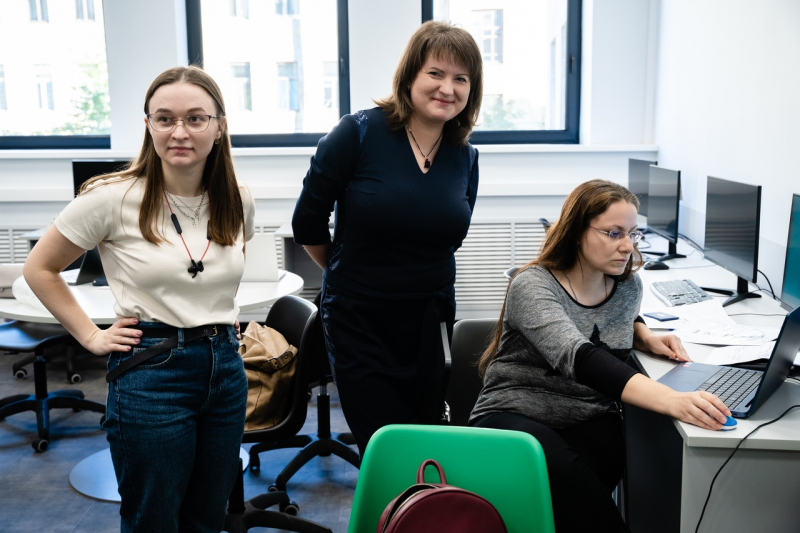
The program's main feature is its practical orientation. Not only can students work in scientific laboratories – there are three of them at the faculty: environmental monitoring, bio testing, and industrial ecology – but they also visit actual production facilities and solve specific tasks starting in their first semester.
“The great advantage of our educational program lies in the fact that professors have not only extensive teaching and research experience but also practical knowledge. Our professors are environmental engineers, auditors, quality managers, and experts in the field of environmental monitoring. And students have the opportunity to learn about their future profession firsthand, analyze specific business tasks, and receive an expert review of their research project. Strong ties with the business sector and a developed network of partnerships with leading companies allow our students to do internships at such large corporations as Coca-Cola, Baltika, Heineken, Wrigley, TPV, and others. As a result, their theses are rather pragmatic and innovative. And the best part is that many of our students receive job offers after completing an internship,” says Anastasia Pavlova, associate professor at the Faculty of Biotechnologies.
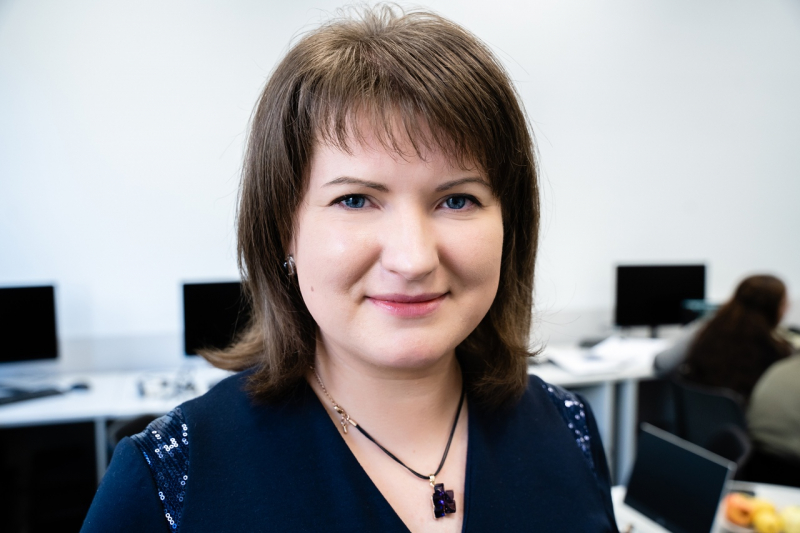
Among the partners of the program are major manufacturers and corporations such as Coca-Cola HBC Eurasia, Wrigley, Unilever, Baltika, Nissan Manufacturing RUS, Toyota Motor Manufacturing RUS, as well as several research and design organizations: Safe Technologies, Institute of Design, Ecology, and Hygiene, Kosmos Environmental Bureau, and State Unitary Enterprise Vodokanal of St. Petersburg.
Practicing with real cases, students learn to conduct environmental analysis and audits, draw up documentation, and develop specific proposals for managing production and consumption waste, reducing environmental risk, ensuring more efficient use of resources, and improving product quality and labor protection.
“Our graduates have unique competencies: they know the theoretical foundations of industrial ecology and at the same time understand the practical realities of an ecologist's work. We try to develop these competencies together with our corporate partners – hence our program is called Industrial Ecology. We also managed to create such a specialization that is in demand among modern large industrial enterprises and corporations as well as small businesses that need to solve their specific environmental problems,” explains Olga Sergienko, head of the Industrial Ecology and Cleaner Production program and associate professor at the Faculty of Biotechnologies.
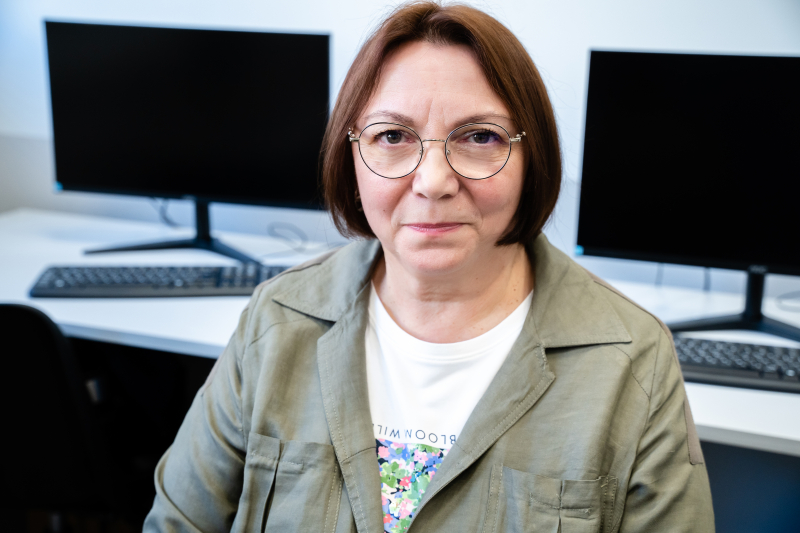
International opportunities
A year after the launch of the program, ITMO University and Zittau/Görlitz University of Applied Sciences signed a partnership agreement. Since then, Master's students have had the opportunity to study in Germany for an entire year and receive a double international diploma. In addition to Zittau/Görlitz, close ties are maintained with universities in Finland (UTA, XAMK, and Aalto University), Sweden (University of Gävle), and the Czech Republic (CULS Prague). Students regularly do semester exchanges and internships at these universities. They are also actively involved in international projects such as CREA-RE-RU, which took place in Sweden, Latvia, Finland, and Russia.
“I participated in the CREA-RE-RU 2019 program in Sweden. It was a very interesting experience: we formed international teams and developed projects for specific enterprises and solved the problems they put forth. Our team had a case provided by the Uppsala Vatten company – this is an enterprise that produces drinking water for the city. We developed a waste management project based on circular economy systems and offered specific solutions on how they can better fit into these systems and become even more environmentally friendly,” says Maria Danilyuk, a graduate of last year's program.
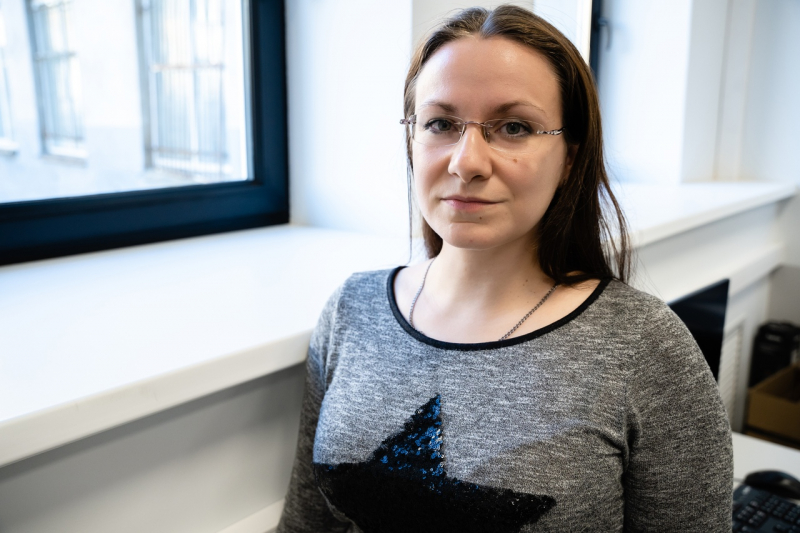
New fields
Master’s students not only learn to solve existing environmental problems and apply international and Russian standards in the field of environmental management, food safety management, and labor protection in traditional sectors of the economy but also raise little-studied but no less urgent issues of our time.
“We had very interesting graduation papers last year: for example, Maria Danilyuk conducted an environmental assessment of blockchain technology. This is a unique project because the development of the digital economy in the context of a circular economy model is practically an unexplored phenomenon. At the same time, the trend towards digitalization and the transition of many processes to the online format is obvious. However, it is necessary to assess how much energy and other resources the digital economy requires. Now, this is one of the most urgent tasks. Another new direction for us was the study of green financial tools and green bonds – one of our graduates also told us about this. I hope that we will further develop all these topics within the framework of our program,” says Anastasia Pavlova.
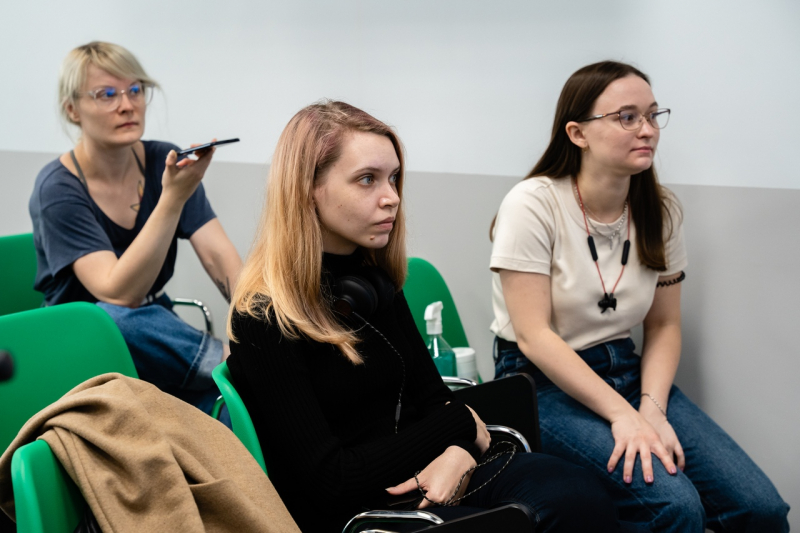
Meeting and studying in a new format
“Today, ITMO University students can choose the format of their studies – in-person or remote. And today, our meeting was held in the blended format. Some of the staff were present in person, while other teaching staff and some of the students had the opportunity to join via Zoom. Alongside the meeting, there was a live stream on our Eco-Tech VK page and another on the Instagram page of associate professor Anastasia Pavlova (@anastasia_pavlova_eco). Considering the current events, we are looking for new approaches and teaching methods to guarantee quality and meet today’s challenges,” says Violetta Savoskula, senior lecturer at the Faculty of Biotechnologies.
